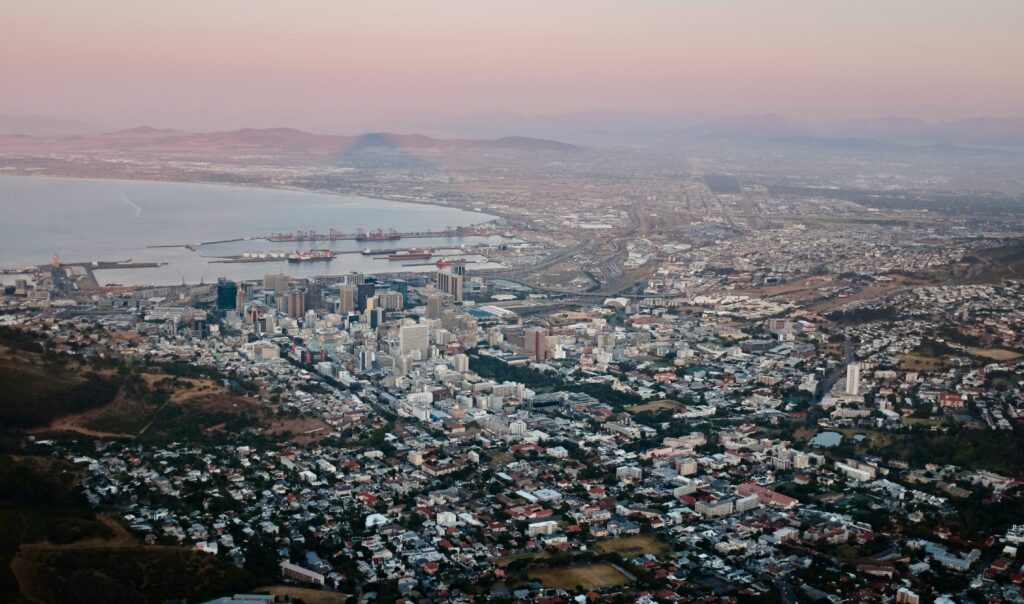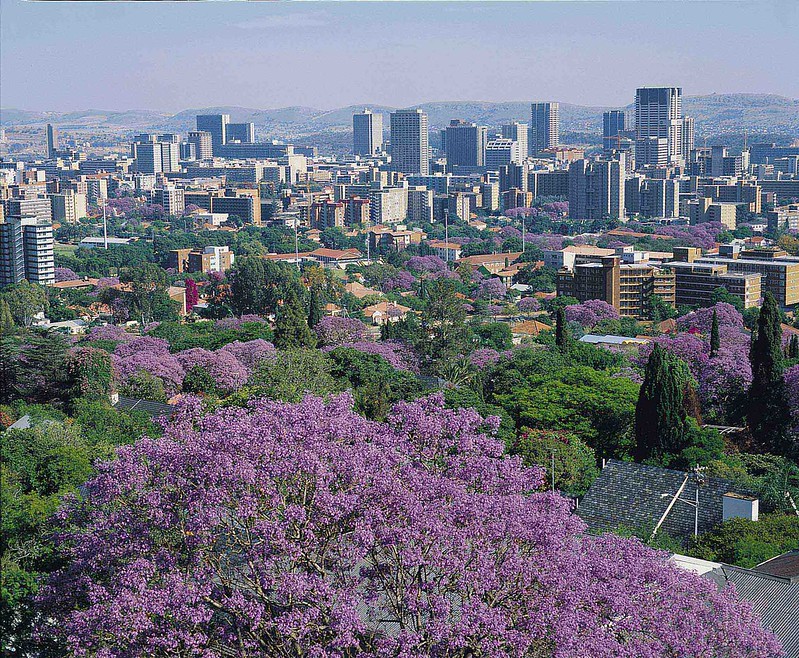- This article has been edited by Infrasture News, the original was first published on Industry Insight
After the tough negotiations establishing the Government of National Unity, the markets rewarded the country’s democratic process with a strengthened Rand. Inflation remains at 5% but with a stronger currency and lower oil prices, this will be the time to alleviate inflationary pressure. This comes at a time when the South African Reserve Bank may potentially be easing its monetary policy and when the economic conditions are still under pressure. ABSA Bank’s PMI indicates a stronger year in manufacturing demand locally and globally, but retail and wholesale spending remains weak.
Not so ‘moody’ in Cape Town
The City of Cape Town received a credit rating upgrade from Moody’s, enabling significant infrastructure investments totalling R39.5 billion over three years and creating 130,000 jobs. Planned projects include revitalising Zeekoevlei and Rondevlei Weirs and developing new social housing in Woodstock. While seeking private investment to improve port efficiencies, Transnet has refused private partnerships for Cape Town’s container operations.

The City of Cape Town experiencing some good sector news. Photo credit: Teddy Jansen Pexels.
Gauteng still fighting
In Gauteng, Rand Water’s maintenance caused water disruptions but remains on track for a more secure water sector post-maintenance, while Johannesburg Water’s R729 million renovation plan aims to improve water infrastructure. Tshwane reported better capital budget spending and plans to generate 80% renewable energy by 2050 and was recently acknowledged by the South African Local Government Association’s municipal awards ceremony for their improved financial management, a feather in the cap for Tswane mayor Cilliers Brink that has held office since March 2023 amidst significant turmoil and strike action in the municipality.
Municipalities must still prioritise stabilising finances and receive clean audits while improving budgetary infrastructure expenditure rates. Payment remains the top concern at a local level where aggregate payments for more than 90 days increased to 78.6% in the first quarter of 2024. This means that local governments still owe R83 billion to suppliers 90 days from invoicing.

The City of Tshwane coming out strong. Photo is courtesy of South African Tourism
The sector is still holding strong
The construction sector saw a 14% rebound in wholesale material trade sales in April 2024, breaking away from the difficult first-quarter decline in turnover and profitability experienced by larger companies. Construction material prices exceeded consumer inflation but showed signs of slowing. Public sector building tenders fell 58% in May 2024 but remain higher by 31% over the past year, with the public sector’s contribution to building investment rising to close to 30%. Despite challenges with project postponements and cancellations, particularly in road and water projects, the industry’s outlook remains cautious, with potential recovery tied to future interest rate adjustments and increased government spending on infrastructure.









